Talking Real Estate
Hi folks, A while back I was marketing a home which was presented to the market in a great condition, the price seemed ridiculous given that you got 4 double…
Hi folks,
A while back I was marketing a home which was presented to the market in a great condition, the price seemed ridiculous given that you got 4 double bedrooms and an 843m2 section for a BEO of only $225,000. So what’s the catch? There is no catch but the property is for sale in a predominantly state housing street. This has raised a number of issues with prospective purchasers about possibly buying "the best house" in "not the best street" so I thought I would ask “Surely there can’t be too much wrong with buying the "best house" in the street?”
There is no "one-size-fits-all" answer to this question, but an exploration of what constitutes the "best house" will make purchasers more aware of what the pitfalls are.
Put simply, in terms of capital growth the best house in the street is not always the best investment, or the most likely to make the greatest capital gains by the time they want to sell.
When looking for a house to buy, most would-be buyers want a home that suits their needs, but the underlying rationale is nearly always re-sale value. And sometimes these two aims seem hard to reconcile. The big house with a stunning kitchen and a bedroom for each child, a rumpus room and an office may be near a busy road which makes the price competitive with the property that is much smaller but is walking distance to amenities and has an outlook over the park.
Which property suits the family better? For those looking at the immediate needs of their family, the house near the main road seems better, but for those looking at long term investment potential, such a property may impact negatively on the family’s finances and mean they are less likely to be able to afford the ideal house in the long run. Attributes related to the land (proximity to desirable amenities, size, use, aesthetics, absence of negatively impacting neighbours and just plain old area appeal) carry more weight in determining the value of most properties than the actual building on the land.
It is a real estate cliché that the best purchase in investment terms is actually the worst house in the street or area. This doesn’t necessarily mean the house is in bad condition (a big house in poor condition may be so expensive to renovate that it is a poor investment); it usually means that it is more modest than the properties that surround it – in other words, it’s not an expensive house on a cheap block of land but rather, an inexpensive house built on high value land.
Of course there are exceptions to every rule and many people opt for immediate lifestyle choices rather than long term capital gain. Buyers need to research the selling prices of a big enough sample of properties if they want to make an informed choice. Most savvy purchasers buy with location and capital gain as their main considerations, and use a combination of increasing values and equity to finance them into their ideal property at a later stage in their lives.
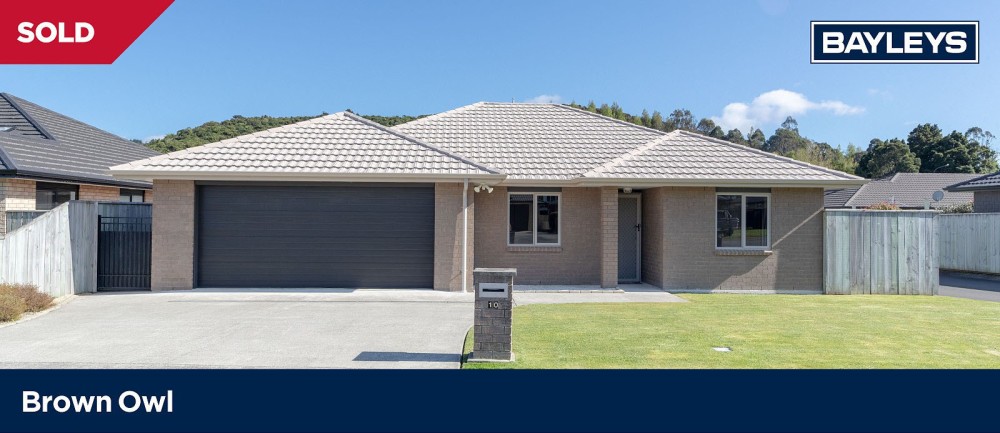
Those who choose to invest in the luxury end of the market are usually the first to be hit by any economic downturn.
Hi folks,
Over time I've had a couple of multi-unit properties to sell so thought this would be a good time to revisit rental investment.
What I find odd is that some property investors have difficulty buying a house or apartment they don’t ‘like’ even if it is a good sound investment.
Surprisingly, many investors make it harder for themselves than they need to by being unnecessarily emotional about their purchases. Many investors see their investment properties as an extension of their own home and indulge in the same feelings of pride of ownership. It is not uncommon for novice investors to turn down a property with terrific investment potential and strong rental demand just because they themselves couldn’t live in it. Some end up buying what they consider to be a nicer property, only to find that the tenants have different priorities and will choose more basic accommodation in order to be say, closer to amenities.
The strongest demand for both re-sale and rental is usually around the median price in any marketplace or location. Those who choose to invest in the luxury end of the market are usually the first to be hit by any economic downturn. Much of the luxury rental accommodation available is leased by corporations who, in poorer economic times, can no longer justify the cost of accommodating employees in high rent areas. And high income earners are unlikely to commit to large mortgages or rents in a climate of economic uncertainty with the possibility that salaries or job s could be under revision.
Median priced properties - those in what you could call middle range of the market - are not as badly affected and usually give their owners the best long term return. If they lose some demand from their usual occupiers because young people move back home or families scale down to smaller or cheaper accommodation, they pick up tenants or purchasers who can no longer afford the luxury markets.
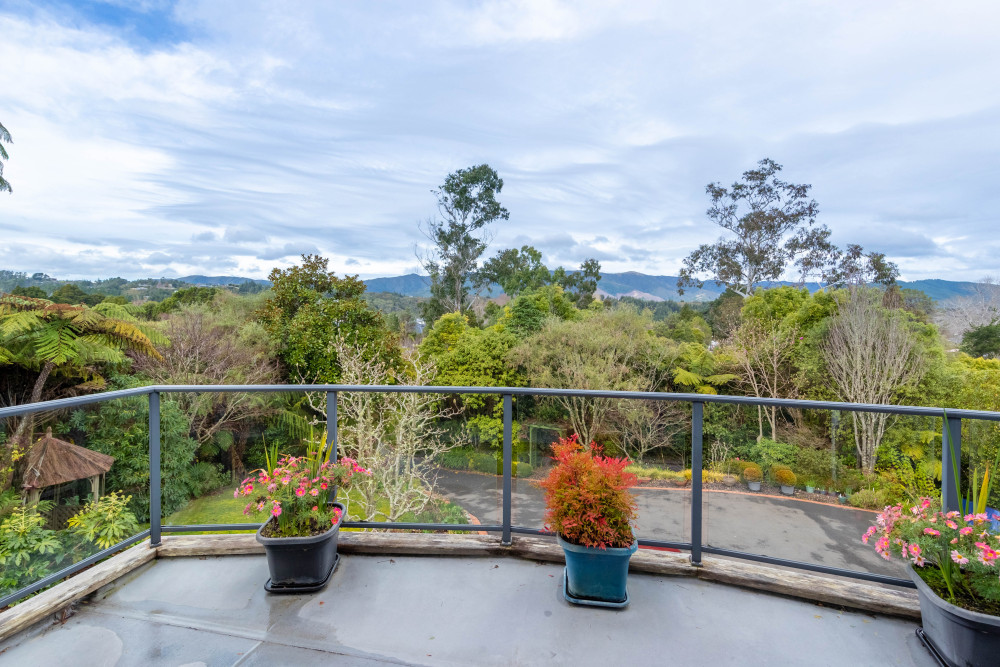
Hi folks, Most experienced investors understand that $500 a week for 52 weeks a year means more money in their pocket than $550 a week with several weeks vacancy during the…
Hi folks,
Most experienced investors understand that $500 a week for 52 weeks a year means more money in their pocket than $550 a week with several weeks vacancy during the year. So if maximising income from rental property investment comes from keeping their properties occupied, why do some landlords charge such high rents that their tenants move on whenever they get the chance and new tenants are slow to move in?
It is a fact of life that some investors fail to see the big picture and only look at the money in their pocket ‘right now’. They are blind to the possibility of rent loss down the track and don’t see that they might create dissatisfied tenants who move on when they find a better value option, thereby creating a cycle of high turnover and increased vacancy. The problems don’t stop there. Investors whose properties are ‘good value’ get more inquiries and can afford to be more selective when deciding who will rent their property, while those asking over priced rents get fewer and less well-referenced applicants.
New investors can avoid a lot of common errors by making use of the expertise of their managing agent. Many novice investors don’t think of asking their managing agent’s advice until something goes wrong. Investors who do their homework and tell their agent up front what their needs are find it much easier to keep abreast of what’s happening and avoid confusion.
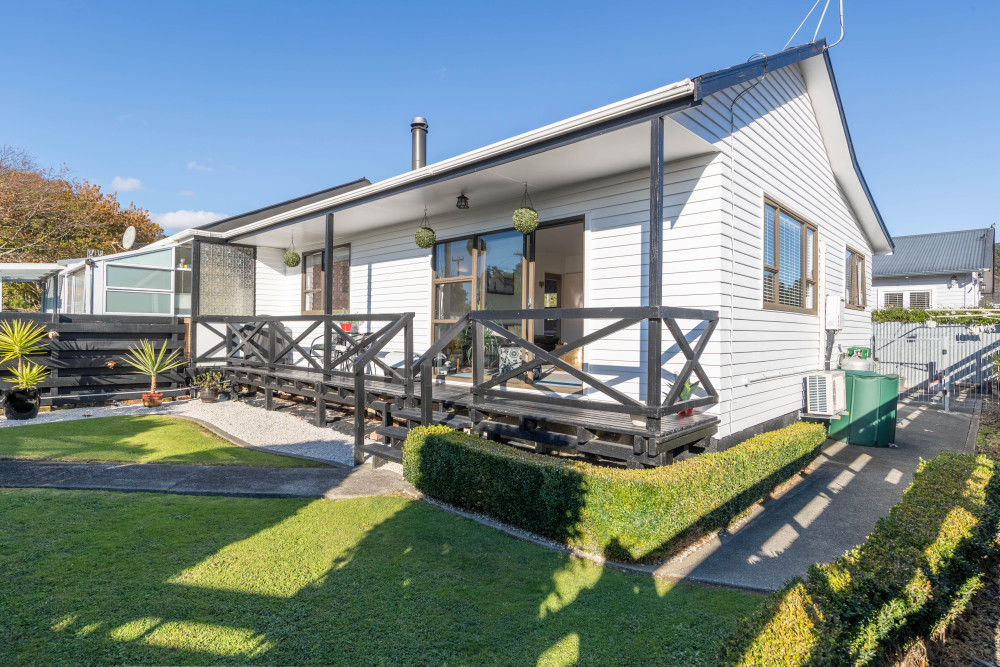
Look at other properties? Here's why.
Hi folks,
I thought I would ask the question, “As a buyer, have you ever bothered to look at properties that don’t have the features you are after?” Most people would be surprised at the very thought, but in fact, there are times when it might be worth it.
The number of properties a prospective buyer needs to inspect before making a decision varies from person to person. Most people need to look at quite a few before they are ready to take the plunge.
But what do you do when there is very little for sale and almost nothing that matches your criteria?
It can take a long time to look at enough properties to feel you have the market worked out. And what happens if you find something you actually like but you don’t feel ‘ready’?
This dilemma often happens when there are lots of buyers and very few properties on the market. Often called a sellers’ market (because it tends to favour sellers and disadvantage buyers) it is frustrating for buyers who just want to find something they like in a reasonable time frame, and often before the prices go up.
This is where it can be useful to inspect even properties that don’t appear suitable. After all, they can still help you to get to know the market and what prices properties are actually achieving and you are likely to be knowledgeable enough to buy sooner and with the potential to save money as well as time if the market is rising.
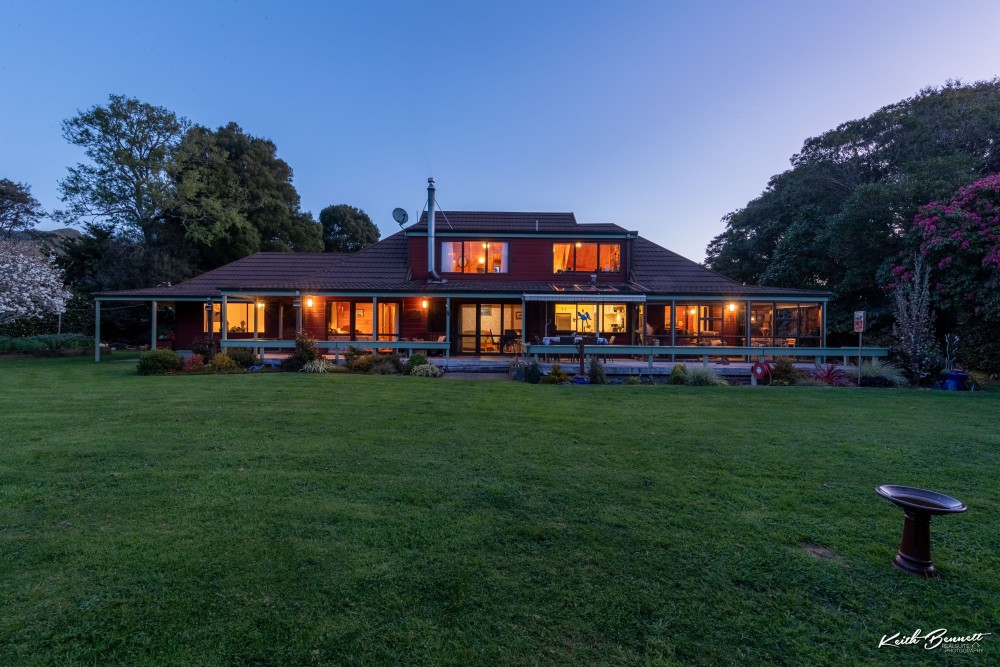
Tech is great, but don't discount the feeling a property gives buyers.
Hi folks,
I thought I would talk about a marketing tool raised at an appraisal this week regarding the internet and the various selling tools it can utilise.
The question raised was about virtual tours. So my question is “should vendors care whether the marketing of their property carries a virtual tour and should they use them?”
Research into the use of virtual tours by intending purchasers is certainly food for thought. Before 2006, virtual tours had a bad reputation. They were slow, clunky (not a computer term but I’m still learning) and they were also capable of causing computers to “freeze”
Since then they have become faster and more efficient, largely due to the massive uptake of broadband both in New Zealand and over the ditch during 2006 and 2007. As a result they have become the first choice to some purchasers wanting a quick and easy way to have a first look at a property.
Studies show that current intending purchasers in both New Zealand and Australia click on listings with virtual tours before clicking on those without and they stay on that listing for 4 times as long.
There are certainly some positives to them but I wouldn’t want you to think I was sitting on the fence on this issue. I understand the need to change and evolve in business, I’m certainly not a luddite but I have to tell you, I’m not a fan!
"But why, Steve?", did I hear you ask? “These tours show the property so the purchaser can make an informed decision without leaving the comfort of their own home, it must be a good thing”
Nope, not really in my opinion. I have sold property in two different cities since 1995 and one thing I have learned is that a lot of buyers have bought emotionally. They have walked into a property, had a “feeling” and have bought on the spot. With a virtual tour buyers can dismiss it immediately without entering the home itself. A vendor wants to see people walk through the door, I need people to physically go into a home and see the potential, “feel” how the current owners and their family live and make an informed decision from there. Too many times have I sold a home to people who initially said "no" for whatever reason and have proved to be happy when they move in. As technology advances and more Generation Y ers buy my opinion may change but right now I will stick with the old fashioned way of actually walking someone through a house.
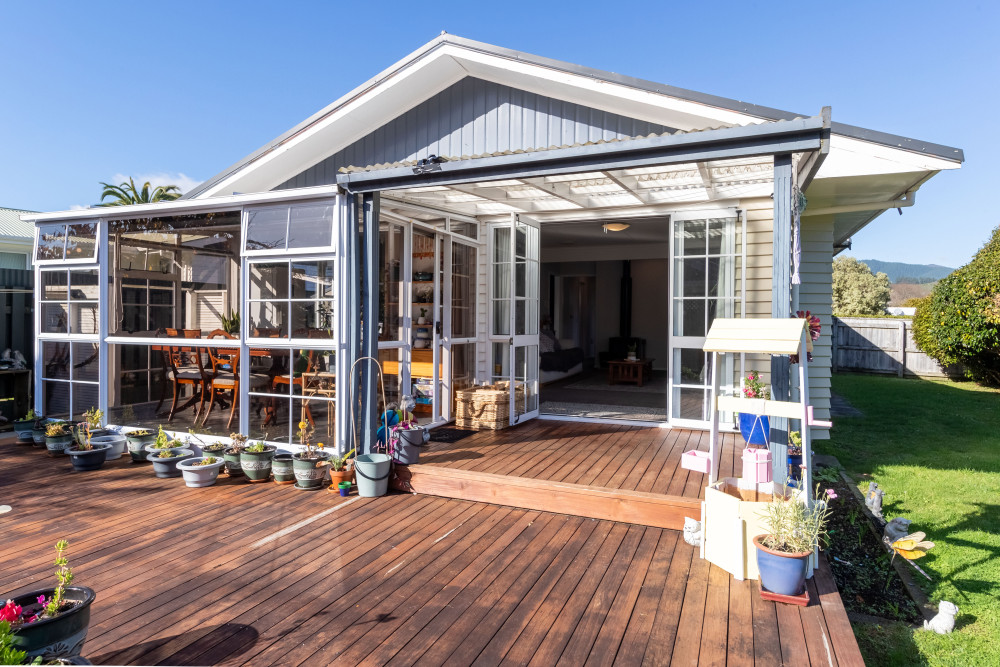
Find an agent who'll enter into genuine dialogue, taking your needs into account rather than launching into a high pressure sales monologue.
Hi folks,
Most vendors would choose the agent who they think will get them the highest price for their property. But do they know what qualities and skills are most likely to bring this about, especially in a market where properties for sale outnumber buyers?
When the market gets tougher, communication is an agent’s most important skill. In order to attract the interest of purchasers who have many properties to choose from, an agent must excel at communicating the benefits and features of your home in a way that makes it stand out to intending purchasers.
In boom times when there are more purchasers than properties for sale, many houses sell themselves for prices beyond vendors’ or agents’ expectations; in a slower market however, agents may have to use all their communication and negotiation skills to achieve looked-for prices.
Communication is the key to a successful sale, but it breaks down when trust is lost. Conversely, trust is often lost because of poor communication during the selling process! Many agents start out by ringing their vendors regularly, but fail to keep this up, especially if the news is not good or the action on the property is slow. This is the very time, however, that they need to keep anxious vendors in touch with the process so that they don’t become alienated.
It is not always easy to judge an agent’s communication skills from the first meeting, but remember that fast talk is not communication. Look for an agent who is willing to enter into genuine dialogue taking your needs into account rather than launching into a high pressure sales monologue.
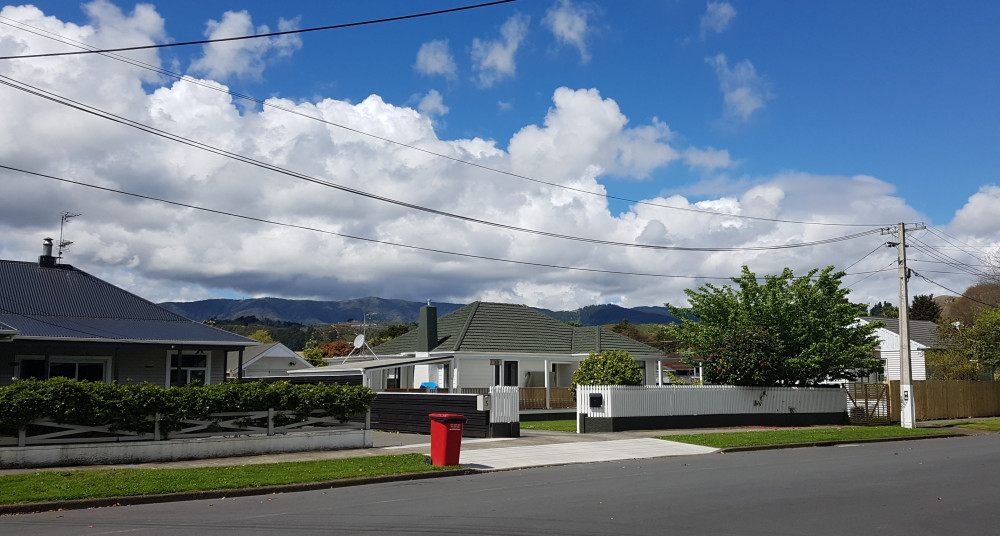
Some ways to ensure your agent will conduct your open home safely.
Hi folks,
I thought I would re-visit safe open homes. Theft from properties that are offering open homes is extremely rare, or they wouldn’t be such a popular method of exposing a house for sale to the widest number of buyers in the shortest time.
Like many other useful practices that life offers (getting into a car and driving it on public roads where it may come into contact with other vehicles, for example!) there are steps that need to be taken in order to make the experience a positive one.
See below to find out how to ensure your agent is conducting your open homes safely.
- Never allow any person to enter your home without the agent being present
- Confirm with the agent that a register is being kept of attendees and remind them that they are entitled to ask attendees to show photo ID on your behalf before letting them view the property.
- Remove all items of special value such as jewellery to a safe place.
- Draw your agent’s attention to any items/areas that might be delicate or sensitive to touch or movement (antique furniture, for example).
- Carry out a thorough inspection of your home at the conclusion of every open home to satisfy yourself that everything is in order. Report any irregularities to the agent and if necessary to the police.
- Check insurance policies to make sure they are up to date. While the risk of theft is small, it is better to be prepared.
If you are thinking of selling your home, would like an appraisal, or want more information on the Upper Hutt property market please call me on the numbers below or contact me via email steve@steveslicker.com alternately fill in your details here on my website. I also have a Facebook page Please “like” www.facebook.com/steveslicker if you would like to be kept up to date on the on the latest real estate news and listings.

Experienced agents are more skilled at detecting and eliminating high-risk offers.
Hi folks,
As most people have probably heard, one of the most stressful things in life to deal with is a sale of your own home and one of the greatest causes of vendor stress in the sale process is an offer falling through before contracts have become unconditional.
There are many reasons why potential purchasers fail to cross the finish line, but experienced agents are more skilled at detecting and eliminating high-risk offers. While agents are bound to submit offers presented, experienced agents minimise vendor disappointment and loss of marketing time by advising clients not to accept offers they know are unlikely to proceed
Sometimes offers are made by intending buyers who have not yet placed their property on the market for sale and who need the finance from the sale of that property before they can complete their next real estate purchase. Some buyers in this category are most often just beginning to assess the market. They have found a house they really like almost at once and before they are ready to act. Often they have not done enough homework to know market values and their offers are not based on a genuine understanding of the current market. Some continue to look around while waiting for their own home to sell, even though they have agreed in principle to buy another property. Such purchasers are not deliberately trying to deceive or inconvenience property sellers when they pull out of a sale -they were simply too inexperienced and eager when they made their offer. Some purchasers offer to get bridging finance so they can proceed immediately; however, vendors should realise that in most (not all of course!) cases, the cost of bridging finance and the “what if” factor of not knowing what their own home will ultimately sell for, end up working against the sale.
Since professional real estate agents will advise against taking a property off the market upon the receipt of offers from unqualified purchasers, no loss of time of money is incurred. The harm done by uninformed purchasers who retract high offers is more insidious. Often the offers made by purchasers who have not really researched the market are higher than the property’s ultimate market value; in other words, the price is above what the vendor can realistically expect to achieve. Unfortunately, the effect on the vendor’s expectation is lasting. Most vendors continue to measure all subsequent offers against the high one, even though it fell through.
In the anxiety of undertaking what for most people is their biggest ever financial transaction, it is easy for vendors to forget that no mere offer in itself actually represents market value, let alone a firm sale price -until a qualified purchaser backs it up with cash.
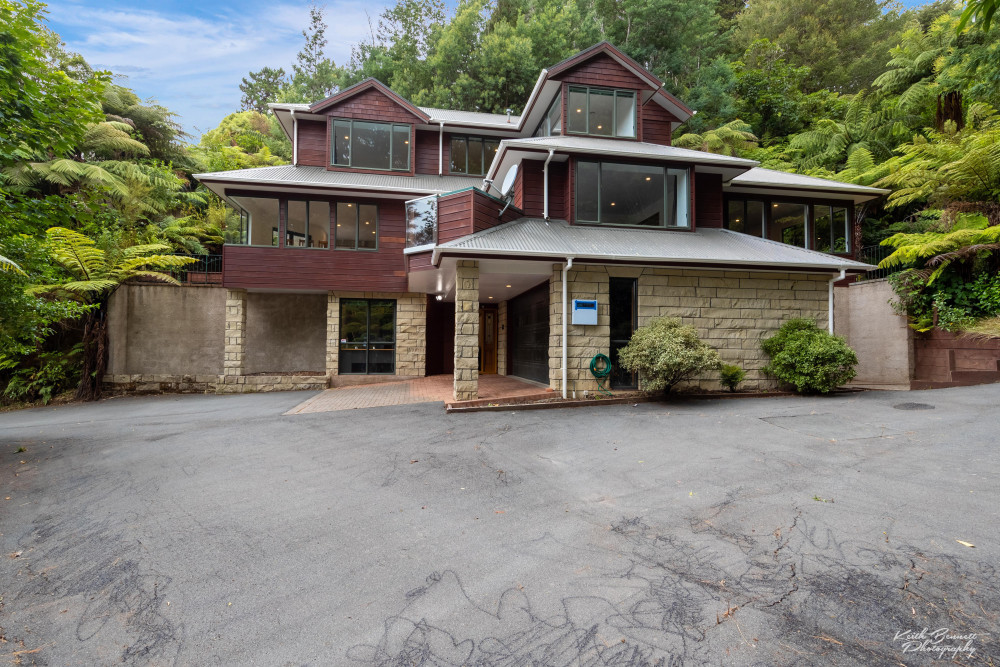
GVs often aren't as accurate as people think.
Hi folks,
Some time ago, I had an unconditional offer that I had prepared. I was set to meet the potential buyer when I received a call from them. The buyer wanted to reduce their offer by $20,000 as they saw the 2010 GV had dropped by $20,000 from the 2007 GV (I said it was some time ago!)
Anyway, the house in question was a doer upper and we had discussed what its eventual value in the market would be with a renovation completed. My point was that the eventual selling price was not going to be affected as a new GV should be ordered upon completion of the works. The house after renovation was obviously going to have a far higher market value than in its current state. The sale did not happen, the house has since sold to another purchaser who will likely renovate and sell later making a handsome profit. In my opinion my buyer put too much emphasis on the GV and lost a great little project.
The common misconception about GVs is that they are an actual valuation and that they determine the price of the property, this is simply not the case. The GV figures seem to be set arbitrarily and go up or down every 3 years. No-one goes to inspect a property, Quotable Value, the company who set the GVs don’t send out their valuers unless specifically requested by homeowners and they, quite rightly, charge for their service.
To assess the value of a property that is to be sold it is not the GVs that are looked at it is previous sales. Every house sale is recorded, price, dates, time on the market etc and while no real estate agent or professional valuer can say to the exact dollar what your house is worth, we can with our experience and use of existing data be very close using a range, i.e your house should be valued etween x and y, the gap not being very large.
So to any purchasers out there that see a home they like but are hesitant about buying because the GV is lower than the price being asked I have a couple options for you, the first is to have a registered valuation, then you will know with certainty that you are not overpaying or ask your real estate agent for 3 months of local sales information in the specific area you are looking to purchase, educate yourselves as to actual sales values rather than rely on a random figure which sometimes is accurate but wrong an awful lot.
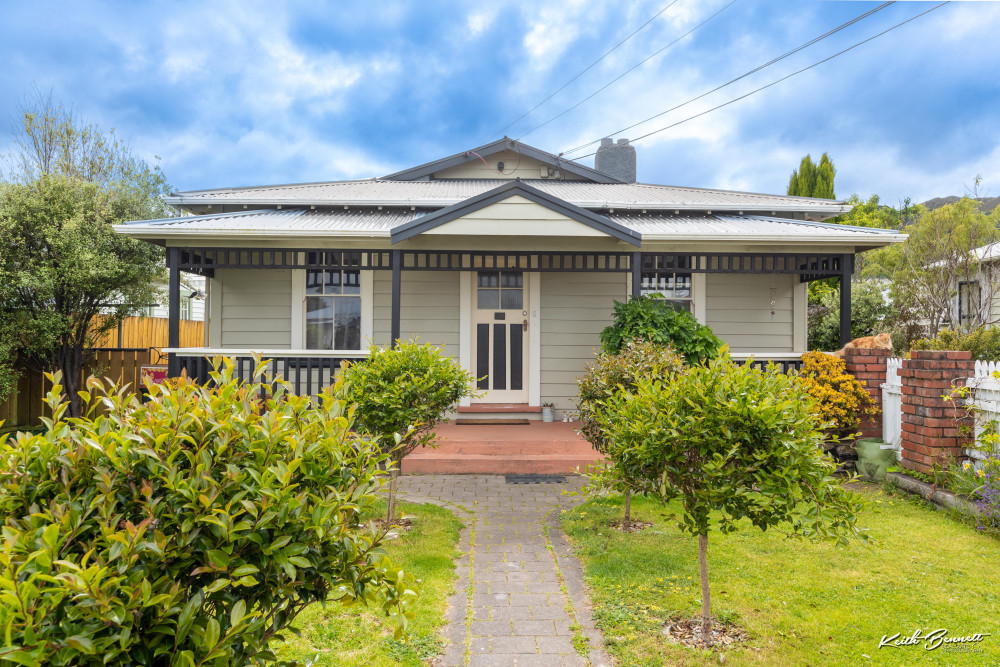
When's the best time to buy?
Hi folks,
Timing is important in most decisions that we make, this is especially true when thinking about the purchase of a new home. The right time to buy is different for everyone and there are some factors to consider when evaluating the best time for you to act.
Your personal financial position is a huge factor in making a decision, if you are already a homeowner you may not know the present value of your property or how much equity you have in it. (some people are carrying negative equity, where the property is now worth less than when bought) For anybody with a home to sell your first point of call should be a Real Estate Agent to value your existing property. If you have no property to sell, contact a bank or mortgage broker to ensure you know what you can afford.
If you do make the decision to look and you have narrowed down your area, are there homes available in your price range? A scarcity of homes could cause you to pay a higher price than you are thinking, this is especially true if a location is in great demand.
I believe that any time is a good time to buy in real estate, provided you are looking long term and can hold a property long term in case of a downward spiral in prices.

